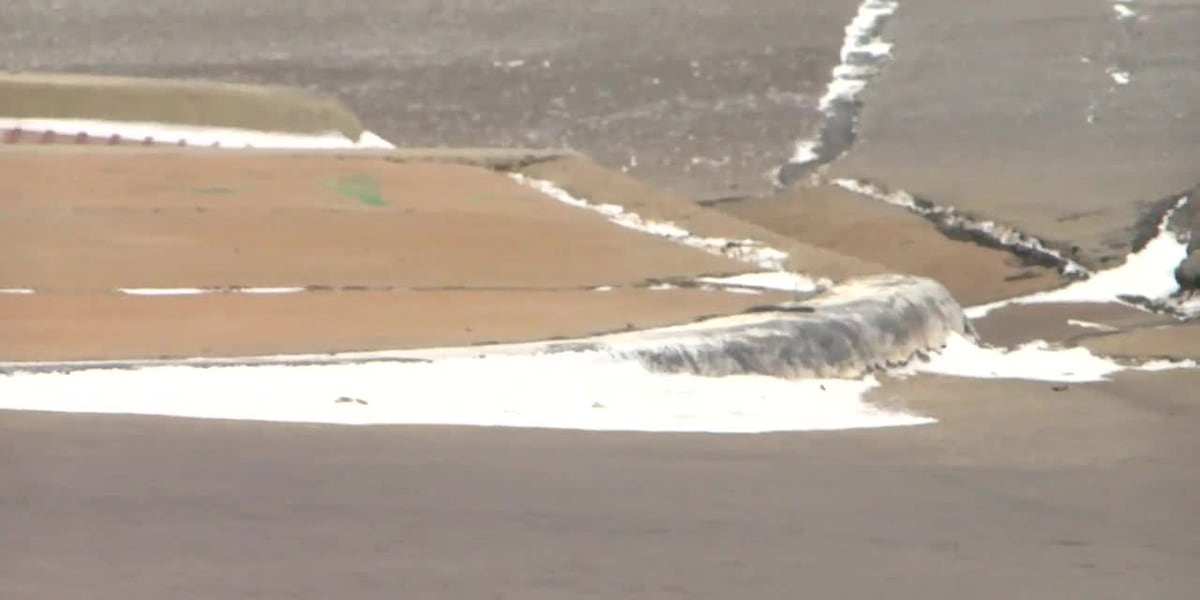WAUSAU, Wis. (WSAW) – It’s about to get cold — really cold. With it comes some serious health risks. Your blood thickening and causing clots, cold air irritating your lungs, and even your heart rate can go up too much, especially if you’re trying to work in the cold.
No one likes shoveling snow. It can be time-consuming, repetitive, and irritating, but it can also be dangerous.
“With trying to do activities outside or suffering symptoms, shortness of breath, chest pain, you need to back off, rest,” Aspirus Heart Care Cardiologist Dr. Daniel Krause said. “If symptoms don’t improve within five or ten minutes, you should be evaluated either by primary care or in a walk-in clinic, or emergency room.”
Krause says it’s not just shoveling snow. The cold in general increases your risk of heart attacks.
“It does cause significant narrowing or constriction of the arteries that we call vasoconstriction, and so less blood flow gets to the heart and other tissues, making people who are at risk for any kind of heart attack more likely to suffer symptoms,” he explained.
Imagine it like a straw. The cold weather makes your arteries, or your straw, shrink. Suddenly blood, or in this case your beverage of choice, has a harder time getting through your straw and to your heart or your mouth. This isn’t the only thing you need to watch out for in the cold though.
“For frostbite, the affected area may be red, can be painful, and then hypothermia, which, you know, your body just can’t keep itself warm fast enough,” DHS Bureau of Environmental and Occupational Health Chief Medical Officer Dr. Sheryl Bedno said
Try not to be outside any longer than you have to, but if you have to be out there, Krause says, “Try and dress warm, and it’s really not the time to push yourself. So listen to your body.”
“Often the effects of cold, one may not notice, but you may notice on somebody. So, watch out for each other with the effects of cold,” Bedno said.
If you’re older, smoke, have high blood pressure, or have a history of heart problems, you’re more at risk for cold-weather-related heart issues.
For more information and to see cold-related health and safety tips, click here.
Copyright 2025 WSAW. All rights reserved.
